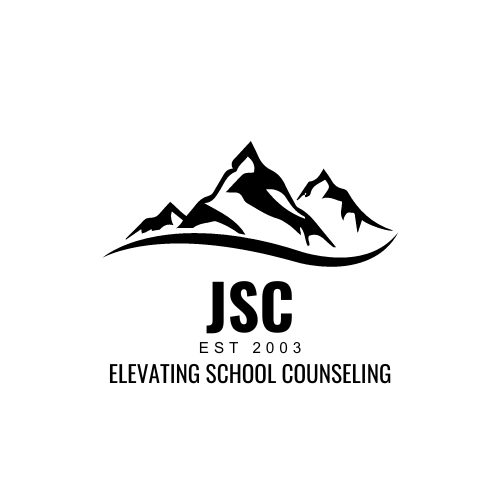Articles 2003 (Volume 1)
Volume 1, Number 1:
Professional Identity Development for the School Counselor
Neal Gray, Eastern Kentucky University, and Vivian J. Carroll McCollum, University of New Orleans
Abstract
In this article the authors address specific issues that affect the development of professional identity in the school counselor. These issues include the misperceptions of the role of the school counselor by school administrators and personnel, other mental health professionals, and school counselors themselves. It is necessary for school counselors to develop the means necessary to promote and support themselves, along with acquiring a knowledge consisting of skills and techniques, they must also learn who they are and what they do (Remley & Herlihy, 2001). Once the school counselor understands this vital concept it will be easy to articulate it to other school and mental health professionals.
Citation
Gray, N., & McCollum, V. J. C. (2003). Professional identity development for the school counselor. Journal of School Counseling, 1(1). Retrieved from http://www.jsc.montana.edu/articles/v1n1.pdf
Type of Article
Professional Development
Volume 1, Number 2:
Social Skills for Elementary School Children: Hot Frogs Activity
Laura J. Fazio-Griffith, Baton Rouge, Louisiana
Abstract
This article will provide school counselors with an activity used in groups to assist elementary school children in identifying and naming feelings.
Citation
Fazio-Griffith, L. J. (2003). Social skills for elementary school children. Journal of School Counseling, 1(2). Retrieved from http://www.jsc.montana.edu/articles/v1n2.pdf
Type of Article
Innovative Methodst and mentoring as they transition into their jobs, and research suggests that school counselors often do not receive formal mentoring from other school counselors. In this qualitative study, seven first-year school counselors were asked to keep journals during their first year and to reflect on their experiences, challenges, and supports. Results suggested that school counselors experience support and mentoring in numerous ways even in the absence of formal mentoring programs. Recommendations for establishing informal support networks are provided.
Citation
Milsom, A., & Kayler, H. (2008). First-year school counselors: Examining the benefits of informal support and mentoring. Journal of School Counseling, 6(7). Retrieved from http://www.jsc.montana.edu/articles/v6n7.pdf
Type of Article
Theory and Research

